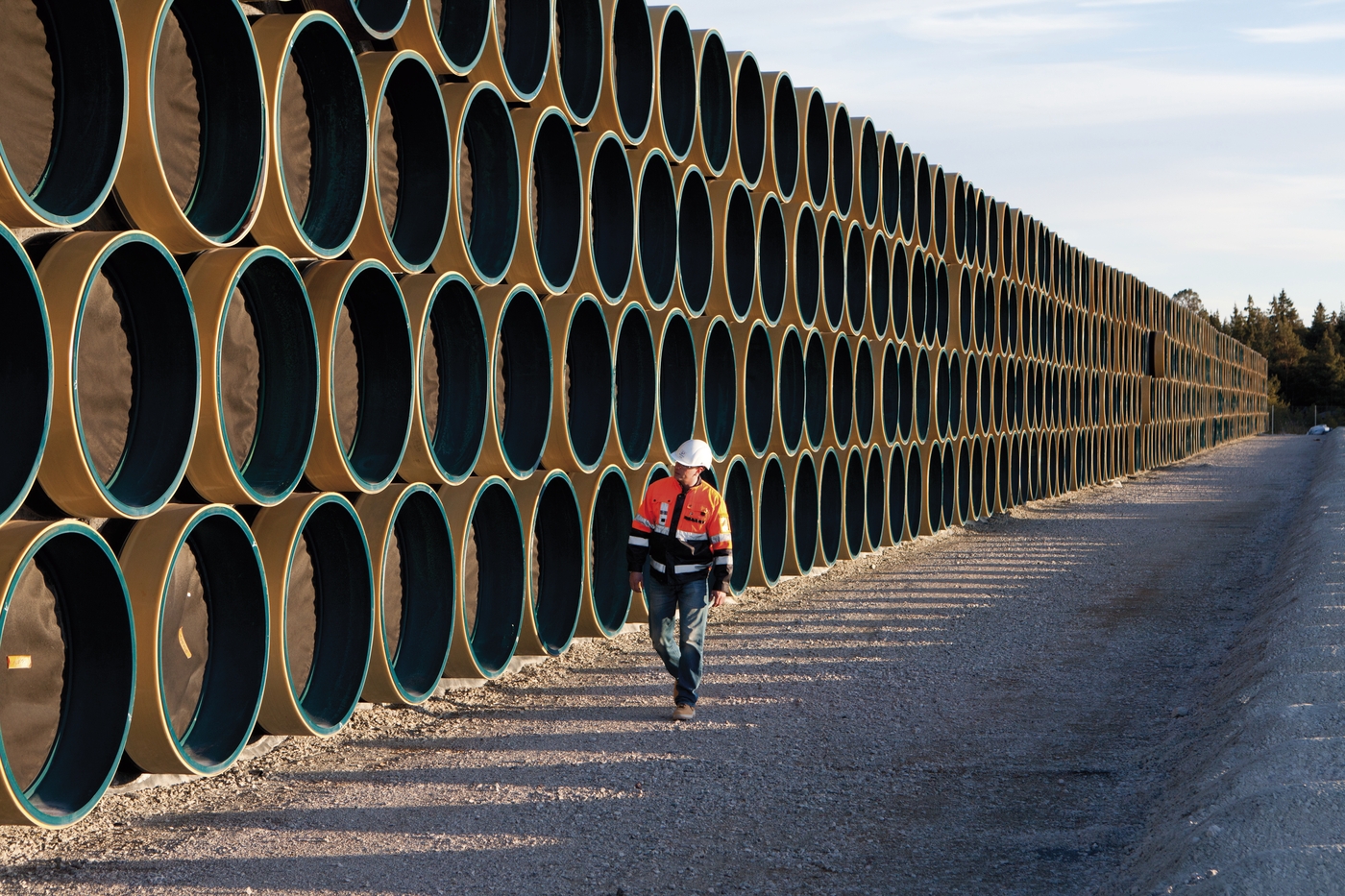Dixi Group President: Denmark’s green-lighting of Nord Stream 2 would affect the gas transit talks
Denmark permitted construction of the second gas pipeline across the Baltic Sea, bypassing Ukraine
Denmark’s permission means acceleration of construction work on Nord Stream 2 pipeline and strengthening of Russia’s positions at the talks concerning gas transit via Ukraine after 2019, Dixi Group President Olena Pavlenko wrote in her column for Novoye Vremya.
“Gazprom is hardly likely to launch the gas pipeline before 1 January 2020, but the argument concerning availability of an additional gas pipeline will strengthen Russia’s positions at the trilateral talks with Ukraine and the EU concerning the future gas contract. It will be harder to negotiate large transit volumes,” the expert points out.
In her opinion, Ukraine can strengthen its positions if it convinces its partners to slap sanctions on Nord Stream 2 today.
“Theoretically, it is possible, because it would be sanctions imposed only on companies physically engaged in laying pipes for this pipeline,” Mrs. Pavlenko explains.
Yet, she admits that amid other international problems discussed today (situation in the Middle East, Brexit), Ukraine’s voice must be very loud for its problem to be heard and responded to. It is worth reminding that Ukraine opposes construction of Nord Stream 2, because it may adversely affect the operation of Ukraine’s gas transmission system. In particular, it may result in a decline in revenues from gas transit due to separation of the gas transmission network from Europe.
The Finance Ministry estimates that a decline in the volume of natural gas transit may cause the loss of approximately 2.5-3% of Ukraine’s GDP.
And on the other hand, Nord Stream 2 would increase the role of Germany as a "gas hub" for consumers in Western and Central Europe.
Nord Stream 2 is a gas pipeline from Russia to Germany which would double the capacity of natural gas transmission across the Baltic Sea bypassing Ukraine. It is expected that Russian offshore gas pipelines will become the main source of gas supply to the EU.









